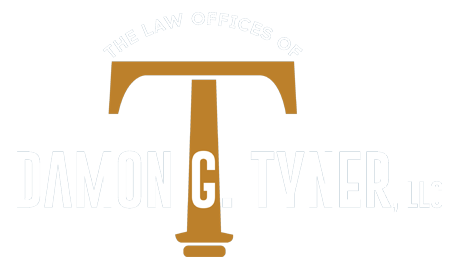When most New Jersey residents think about property, they think in terms of things that can be owned. The law looks at property differently. Property law is more concerned with rights that people have over things.
For example, sometimes multiple parties have property interests in one piece of real estate. This can create problems when someone wishes to buy or sell the property.
One way to get around this problem is through what is known as a “quiet title” action.
What is title?
In this context, the term “title” refers to the property rights we mentioned above. When a person or business has title to a home, building or parcel of land, they generally have all the rights of ownership. This isn’t just having their name on the deed; it’s having unchallenged ownership rights.
Sometimes, in order to establish that you have unchallenged ownership rights, you have to defeat your challengers. This is where a quiet title action can be helpful.
Why would you need a quiet title action?
If you file a quiet title action, you are asking the court to decide that you have the unchallenged title to the property. Other parties who claim an interest in the property get a chance to argue their cases, and you get a chance to argue yours.
Some common reasons for quiet title actions include:
- Estate and probate issues: In some cases, multiple parties may argue they have a claim to inherited real estate. A quiet title action can resolve these disputes.
- Liens: A quiet title action can remove mechanic’s liens and other property interests against your title.
- Boundary and easement disputes: Quiet title actions can resolve disputes with your neighbors over the boundaries of your property or their usage of your property.
- Breaks in the chain of title: In some cases, missing records can make it difficult to identify every party that might have an interest in a piece of property. A quiet title action can end the possibility that some long-lost owner will try to claim your property as their own.
Attorneys with real estate law experience can help property owners review their options for strengthening their property rights.

